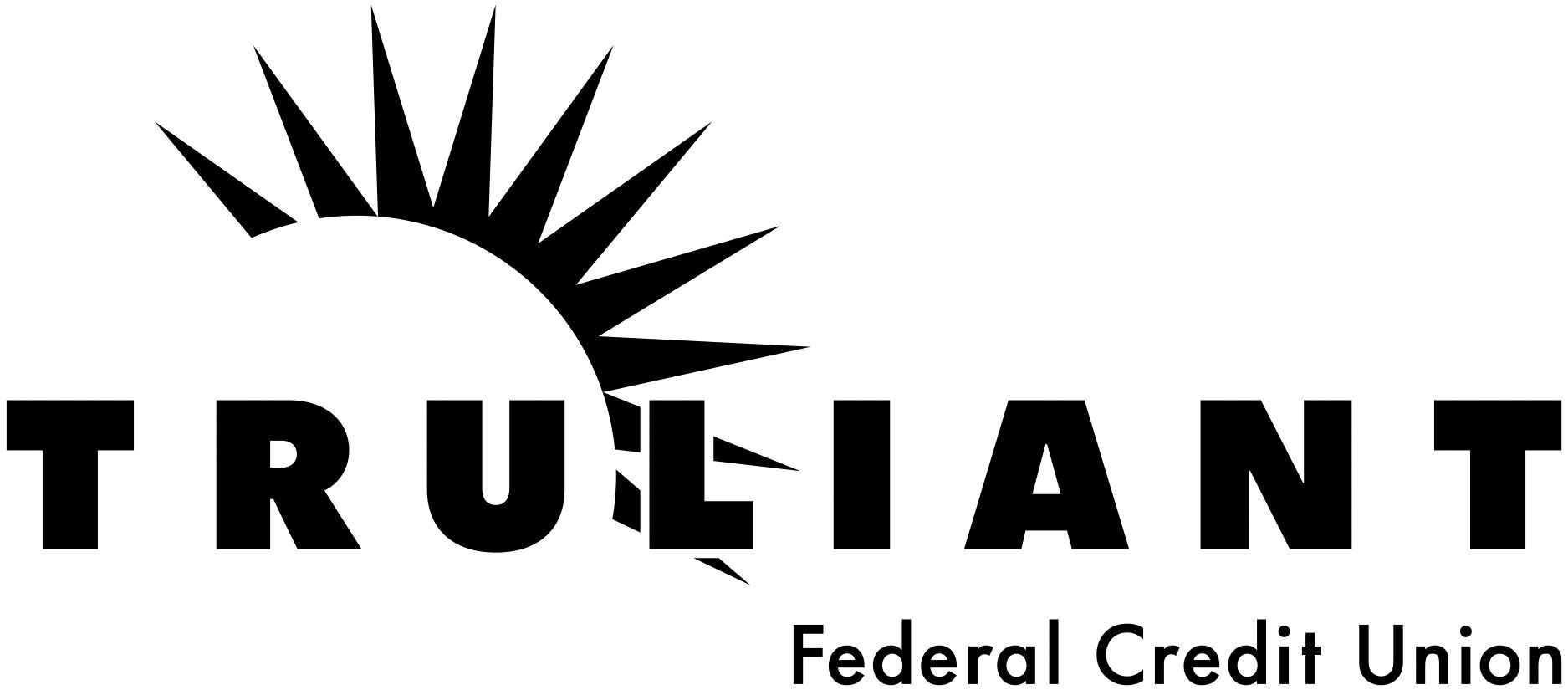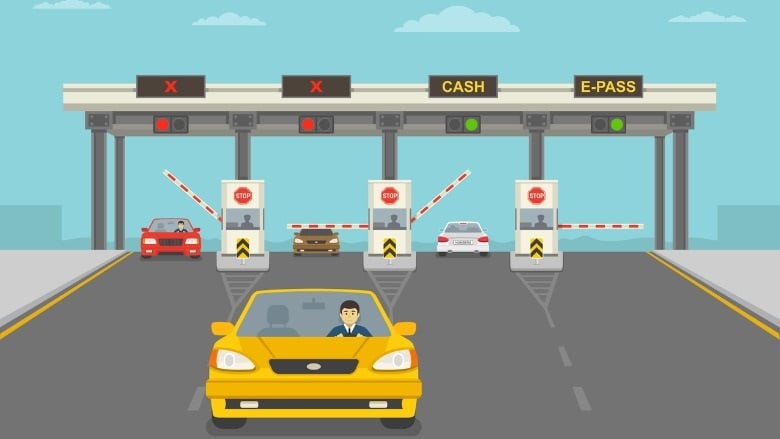Lottery Grant Scams

Lottery grant scams have surged, preying on individuals' hopes for quick financial gains. These deceptive schemes often involve fraudsters who claim that unsuspecting victims have won a lottery grant they never entered. Subsequently, they employ various tactics to extract money or personal information from their targets.
How Lottery Grant Scams Work
Lottery grant scams typically begin with unsolicited phone calls, emails, or messages notifying individuals of an unexpected windfall. Scammers frequently impersonate representatives from well-known lottery organizations, government agencies, or charitable institutions.
Look out for these telltale signs:
Identifying the signs of a scam is essential in preventing victimization. Keep an eye out for these red flags:
Here are some practical steps you can take to reduce the risk of falling victim to lottery grant scams:
How Lottery Grant Scams Work
Lottery grant scams typically begin with unsolicited phone calls, emails, or messages notifying individuals of an unexpected windfall. Scammers frequently impersonate representatives from well-known lottery organizations, government agencies, or charitable institutions.
Look out for these telltale signs:
- Unexpected Notifications: Victims are often shocked to receive announcements regarding winnings, accompanied by official-looking logos and documentation meant to lend authenticity.
- Sense of Urgency: Scammers create a false sense of urgency, insisting that recipients must claim their grant by an imminent deadline to avoid losing it. This pressure can cause individuals to act hastily, bypassing careful consideration.
- Requests for Personal Information: To process the ‘winnings,’ scammers usually ask for sensitive information such as full name, address, Social Security number, and banking details. Providing such information can lead to identity theft and serious financial harm.
- Upfront Payment for Fees: Victims may be instructed to pay upfront fees to release their winnings. Payment requests often come via wire transfers, prepaid cards, or cryptocurrencies, complicating the recovery of lost funds.
- Fake Websites and Emails: Many scammers create convincing fake websites or email addresses that closely mimic those of real organizations. These fraudulent communications often include fabricated testimonials, adding to their credibility.
Identifying the signs of a scam is essential in preventing victimization. Keep an eye out for these red flags:
- No Prior Participation: If you haven't entered a lottery, receiving a notification about a win is a significant indicator of a scam.
- Unusual Payment Demands: Legitimate lotteries do not require winners to pay fees upfront. Any demand for payment is a strong sign of deception.
- Too-Good-To-Be-True Offers: Be skeptical of offers that seem remarkably generous. Scammers often promise extraordinary rewards for minimal effort.
- Poor Language Quality: Many scam communications suffer from grammatical errors and awkward phrasing, which can indicate a scam.
Here are some practical steps you can take to reduce the risk of falling victim to lottery grant scams:
- Do Not Engage: Do not respond to or share personal information if you receive unsolicited communications about lottery or grant winnings.
- Verify the Source: Conduct thorough research on the contracting organization. You can do this by visiting its official website or contacting it directly using the contact information on its legitimate site.
- Report Suspicious Activity: If you have encountered a scam, report it to local authorities or consumer protection agencies. You can contact the Federal Trade Commission (FTC) or your state’s attorney general’s office in the United States.
- Spread the Word: Share information about these scams with friends and family to enhance collective awareness and vigilance. Together, we can significantly decrease the chances of being victimized.
- Use Security Software: Installing and regularly updating reputable antivirus and anti-malware software can help protect you from phishing attempts and fraudulent schemes.




